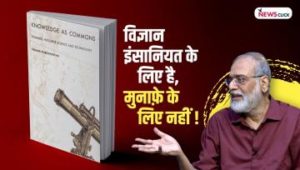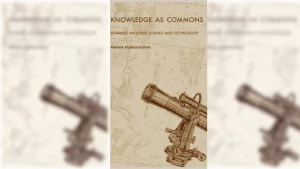Overview
A pregnant woman from a primitive tribal community, searches desperately for her husband, who is missing from police custody. A High Court advocate rises in support to find her husband and seek justice for them.
Jai Bhim, a Tamil language film, has been rated the top film by users on IMDb, beating classics such as The Shawshank Redemption and The Godfather. It’s the latest in a line of hard-hitting Indian movies telling stories of repression against Dalits who are at the bottom of a rigid Hindu caste hierarchy, writes film journalist Aseem Chhabra.
At the beginning of Jai Bhim, police officers are shown separating a group of suspects based on their caste.
Those who are from the dominant castes are asked to leave, while others who are Dalits (formerly untouchables) or belong to tribal communities are asked to stay back. Later, police file false charges against those in the second group.
Reality
It’s a stark, disturbing scene, with frightened men standing in the corner, somewhat aware of their fate – a reminder that such activities occur routinely, and how precarious are the lives of the marginalised, especially Dalits, in small towns and rural India.
Dalits make up about 20% of India’s population, and despite laws to protect them they continue to face discrimination and violence.



